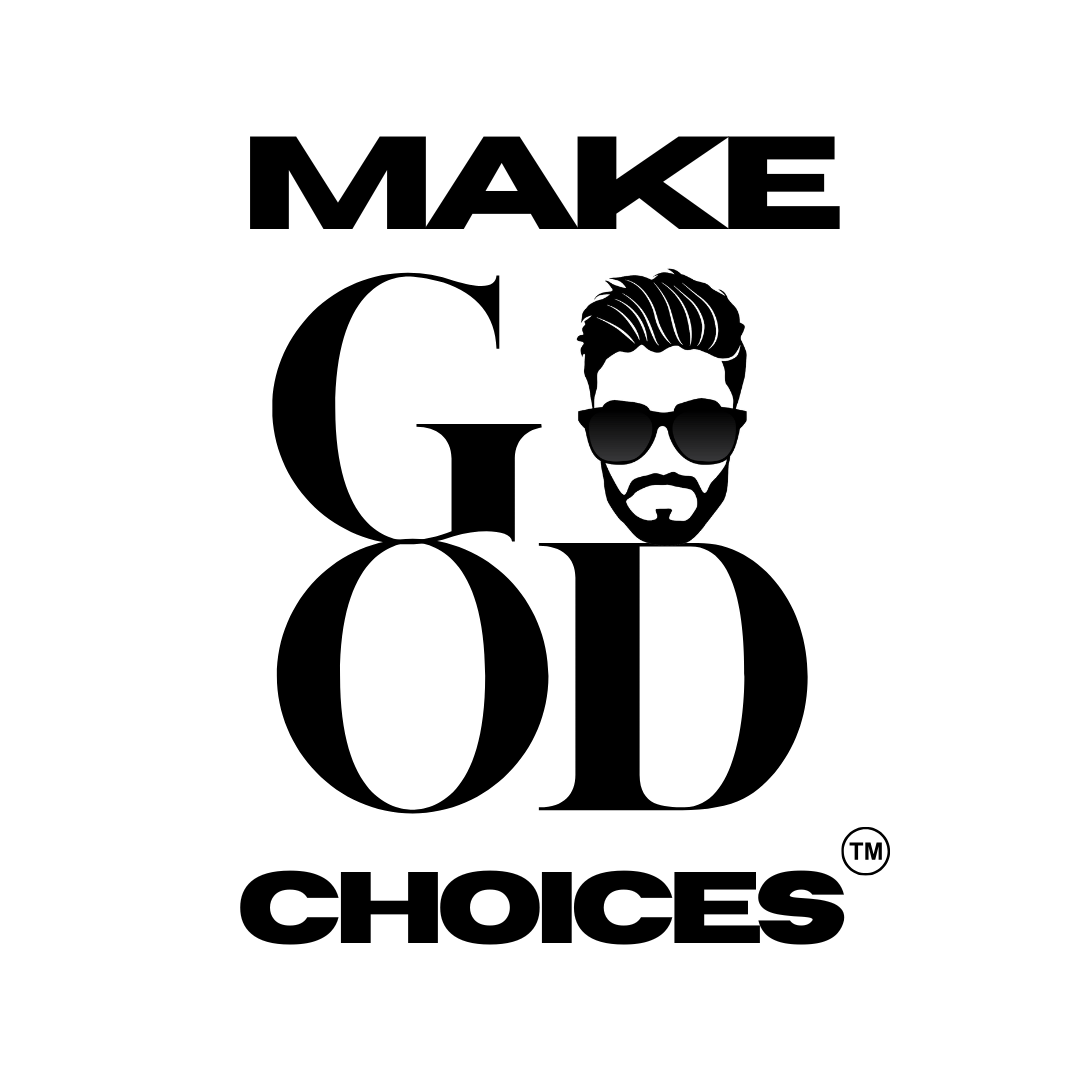From the Edge to the Everyday: Living Through the Lows of Depression (Part 1)
Day 1 of Recovery
I didn’t write it with confidence. I wrote it because I needed to mark the moment—some kind of line in the sand. I’ve been here before. The fog lifts just enough to feel like I’m coming back to myself, and for a while, things feel clearer. I start to fire again, not just go through the motions. But I also know how quickly it can slip. Each low feels a little darker, a little heavier. I disappear a little more each time, and clawing my way back gets harder.
This time, the crash wasn’t dramatic. It was quiet. Subtle. I didn’t even notice how far I’d sunk until I was already deep in it. I stopped reaching out. Stopped replying. Stopped caring. I wasn’t sad—I was numb. And that’s scarier in its own way.
Clearing the Clutter
Eventually, something shifted. Not a breakthrough. Not a revelation. Just a tired kind of hope. I started doing small things again—getting out of bed, making the bed, clearing the clutter. I focused on the apartment bond, booked the sparky and the plumber, put up the IKEA shelves so the wine glasses weren’t crowding the bench. It sounds mundane, but it helped. It gave me something to hold onto.
By Day 28, I’d had a few good days. Not perfect. Not fixed. But better. I could feel myself again. I wasn’t so scared of slipping back. That said, I’m a realist. I know there’s a possibility the lows will return. I’m not saying I want them to—I just don’t want the pressure of pretending I’m immune.
What’s been hardest lately is the commentary. The unsolicited advice. The well-meaning check-ins that feel more like surveillance. I’ve made choices to protect my mental health—like cutting out alcohol, limiting social noise—but even those get questioned. Recovery isn’t a performance. It’s personal. It’s messy. And it’s mine.
What I’ve Learned So Far
Depression doesn’t always look dramatic. Sometimes it’s quiet, and that silence can be the loudest part.
Recovery isn’t linear. It’s not about being inspirational—it’s about being honest.
Small wins matter. Shelves going up, clutter cleared, a few good days—they’re not trivial. They’re survival.
Feeling better doesn’t mean you’re cured. It means you’re healing. And healing takes time.
A Good Choice Isn’t Always Loud
Sometimes it’s just showing up. Writing the entry. Admitting the truth. Choosing rest over productivity. That’s a good choice. That’s enough.
If you’re in it—whether it’s depression, burnout, or just the weight of being alive—know this: you’re not alone. Your story doesn’t have to be polished to be powerful. And every time you claw your way back, you’re rewriting your narrative.
I’m still figuring it out. But I’m here. And I’m choosing well—one quiet decision at a time


